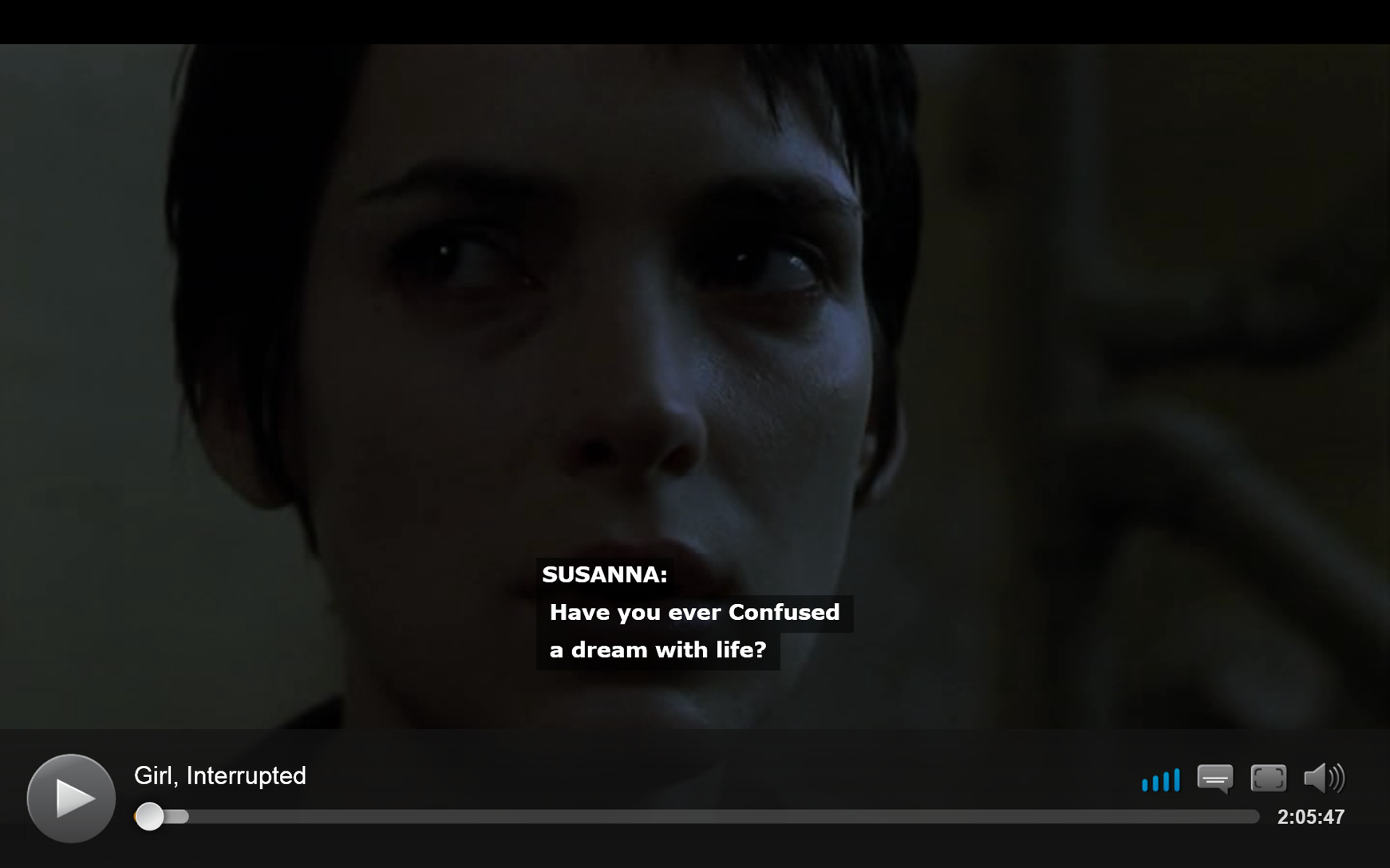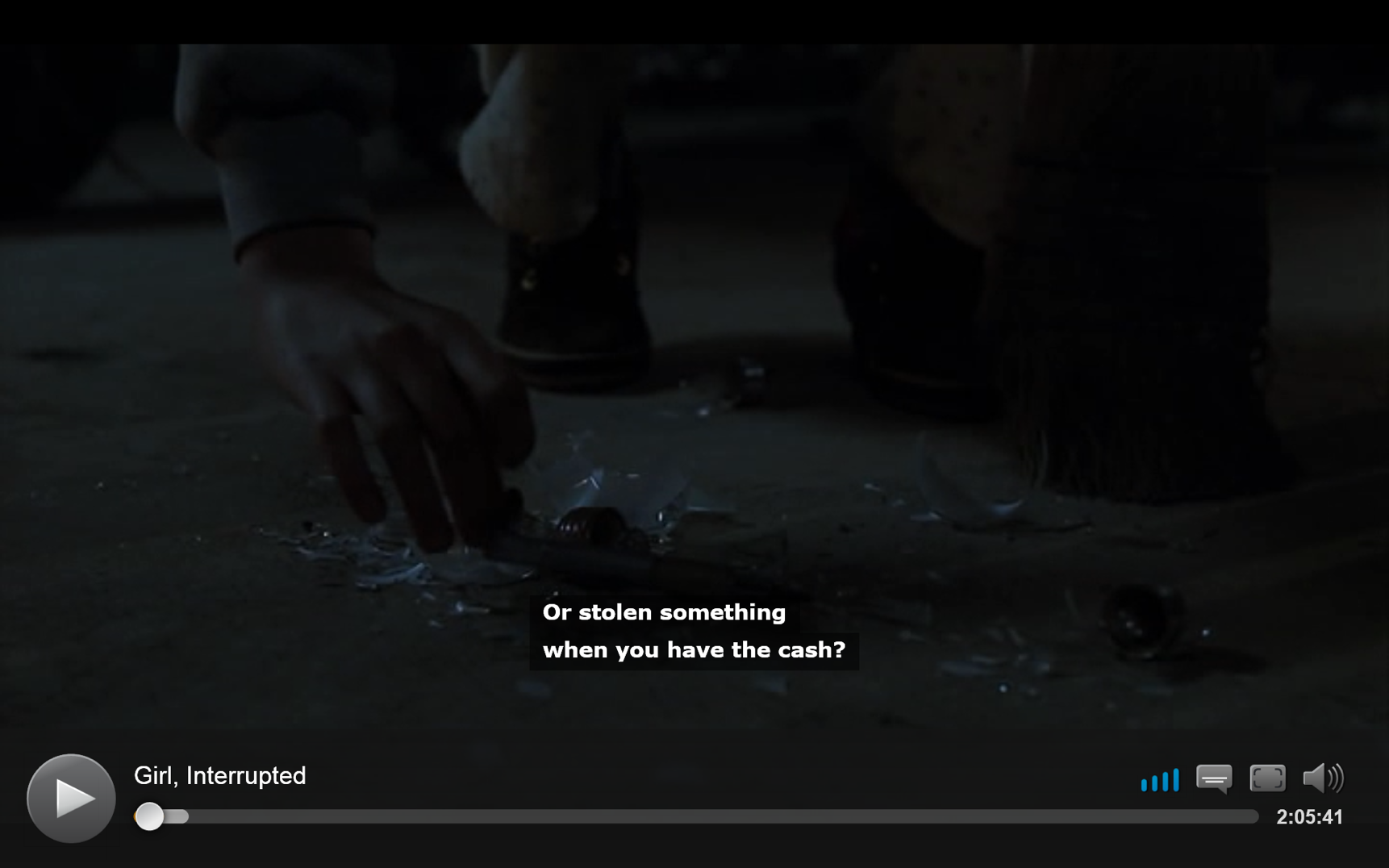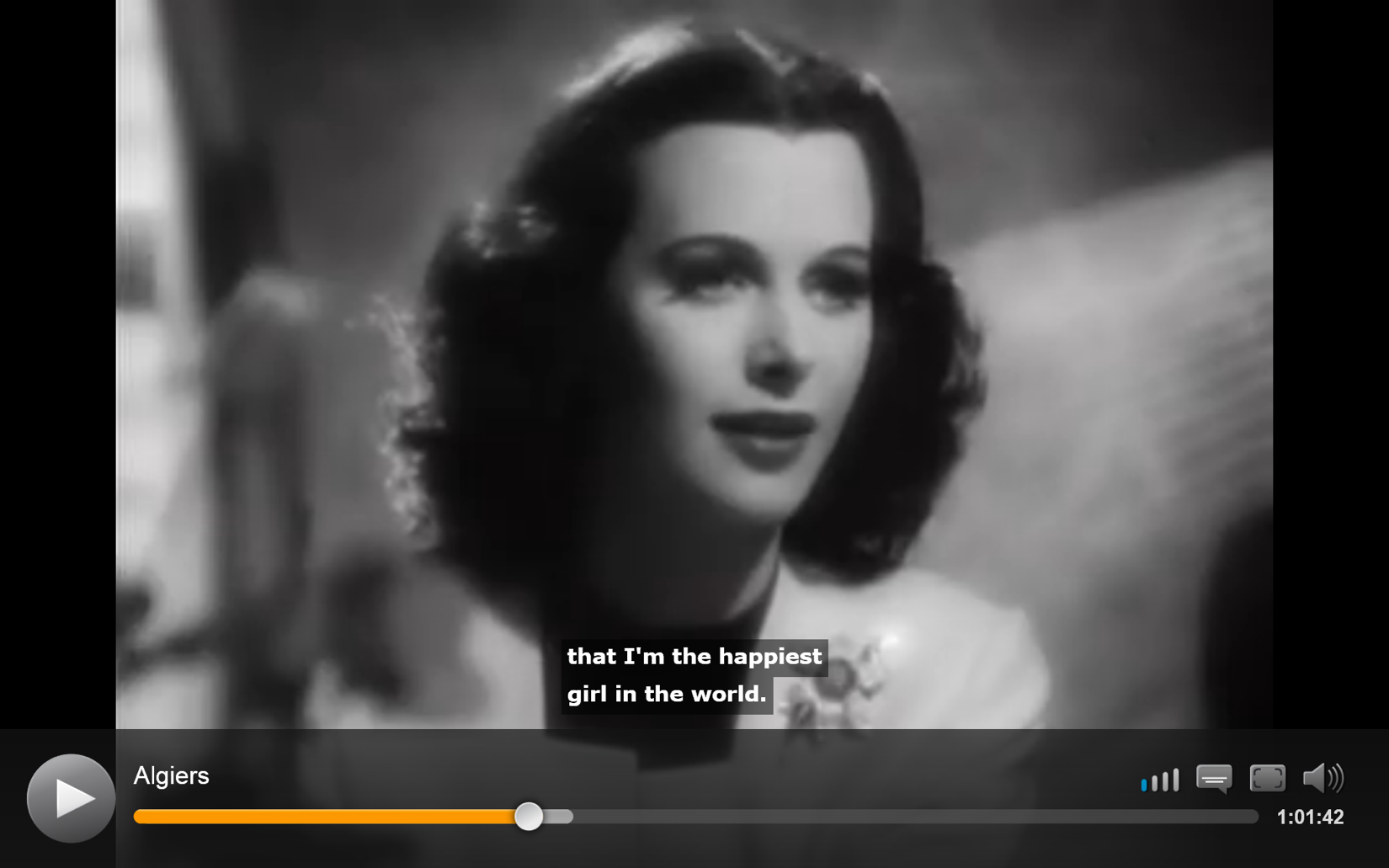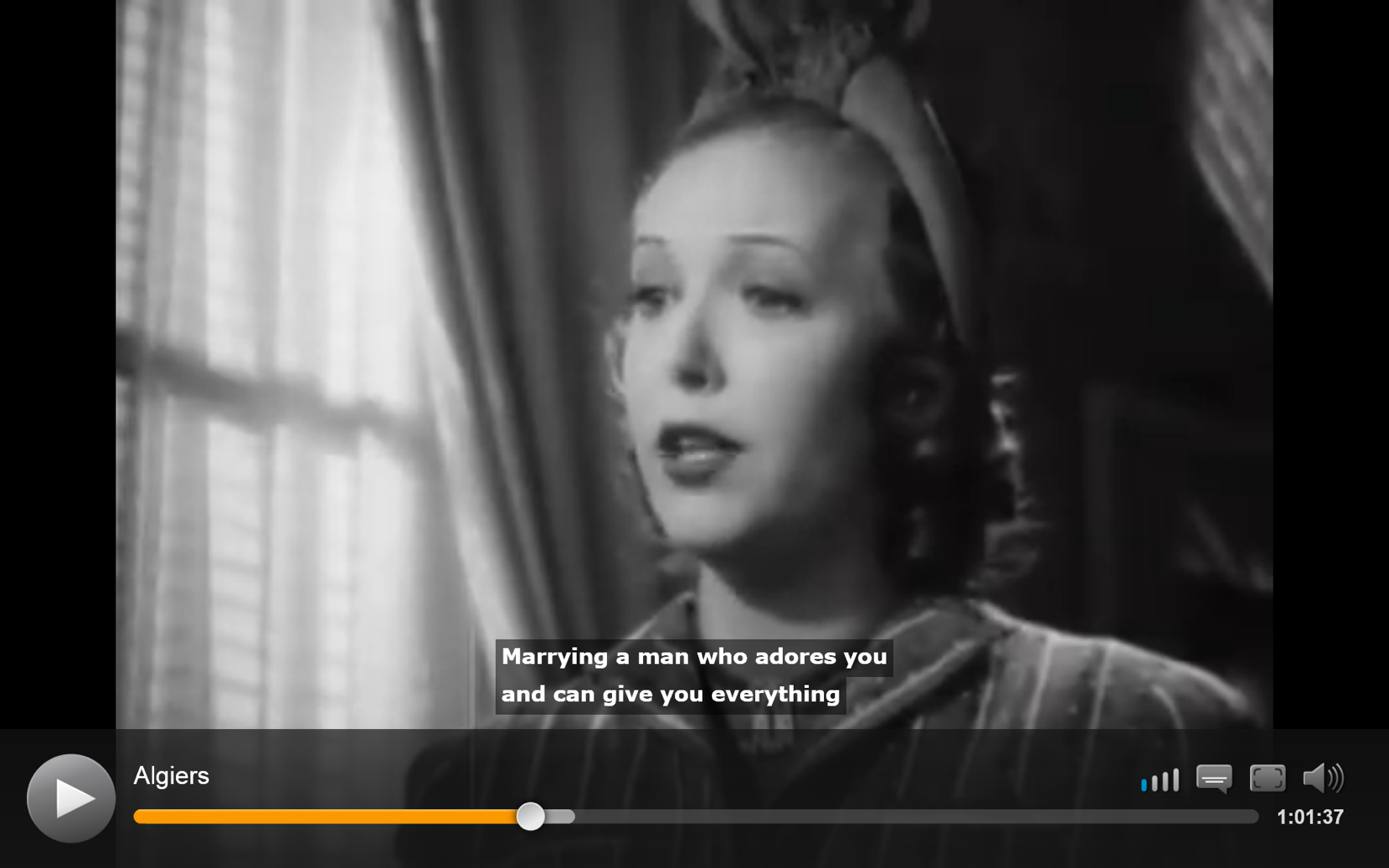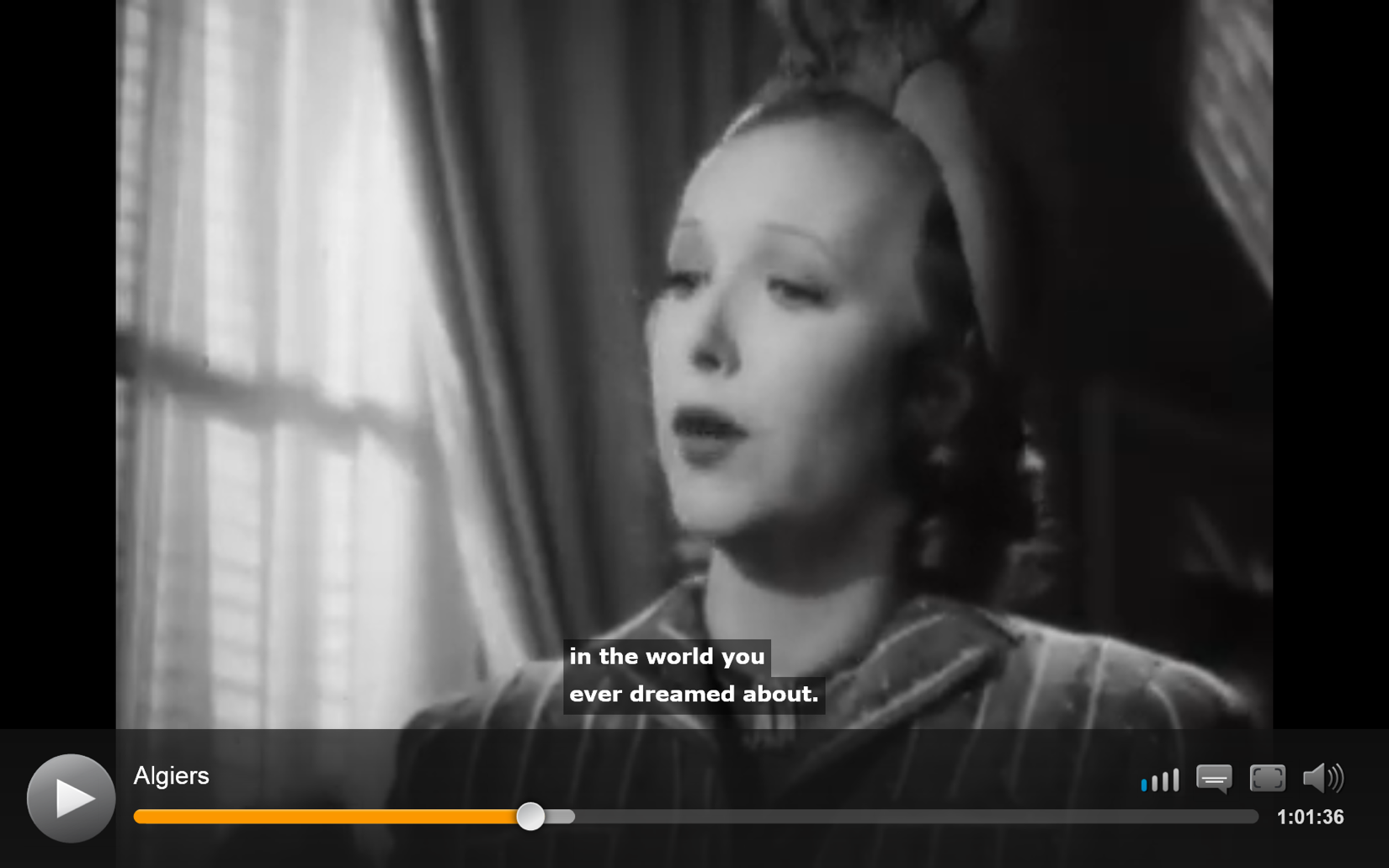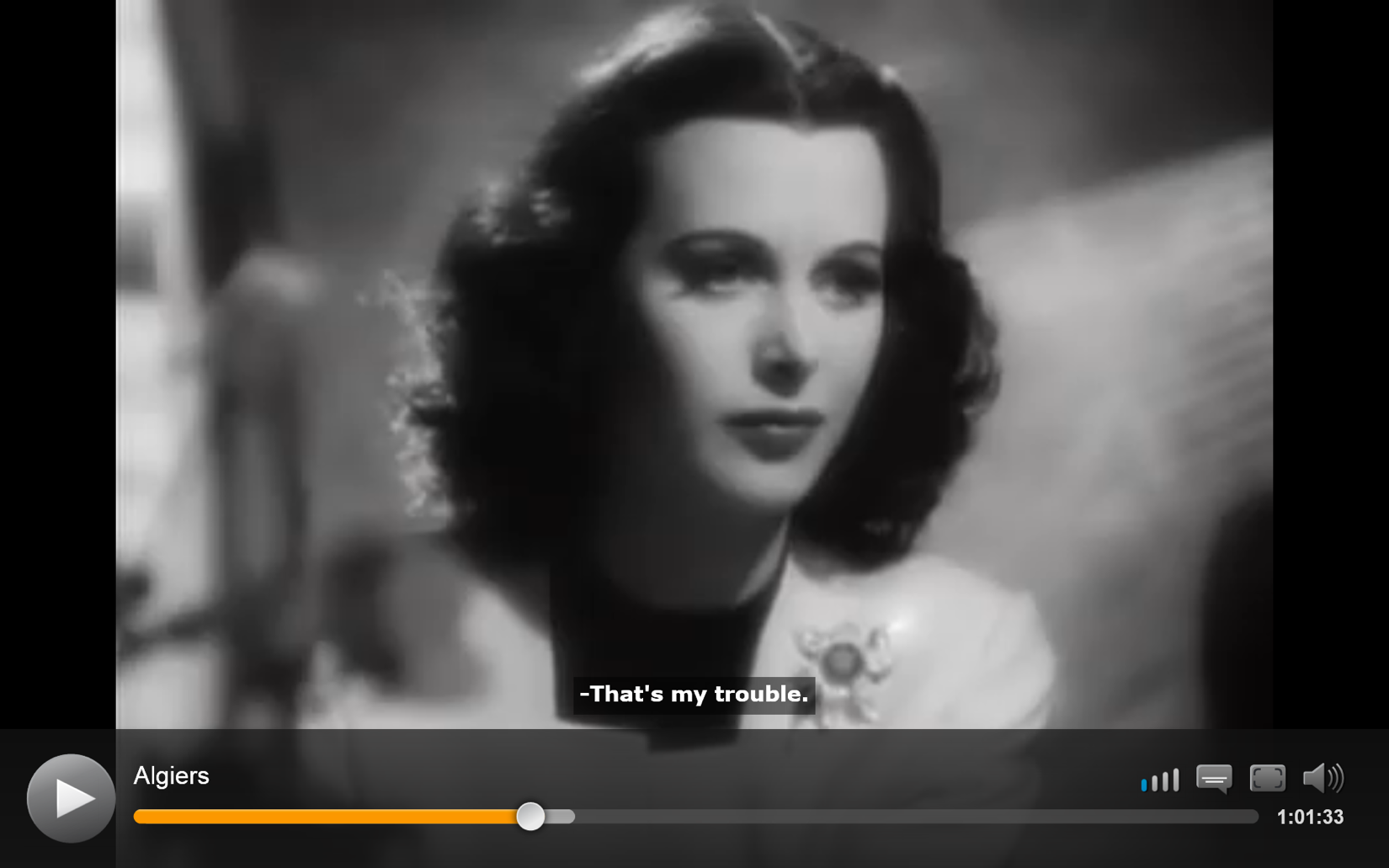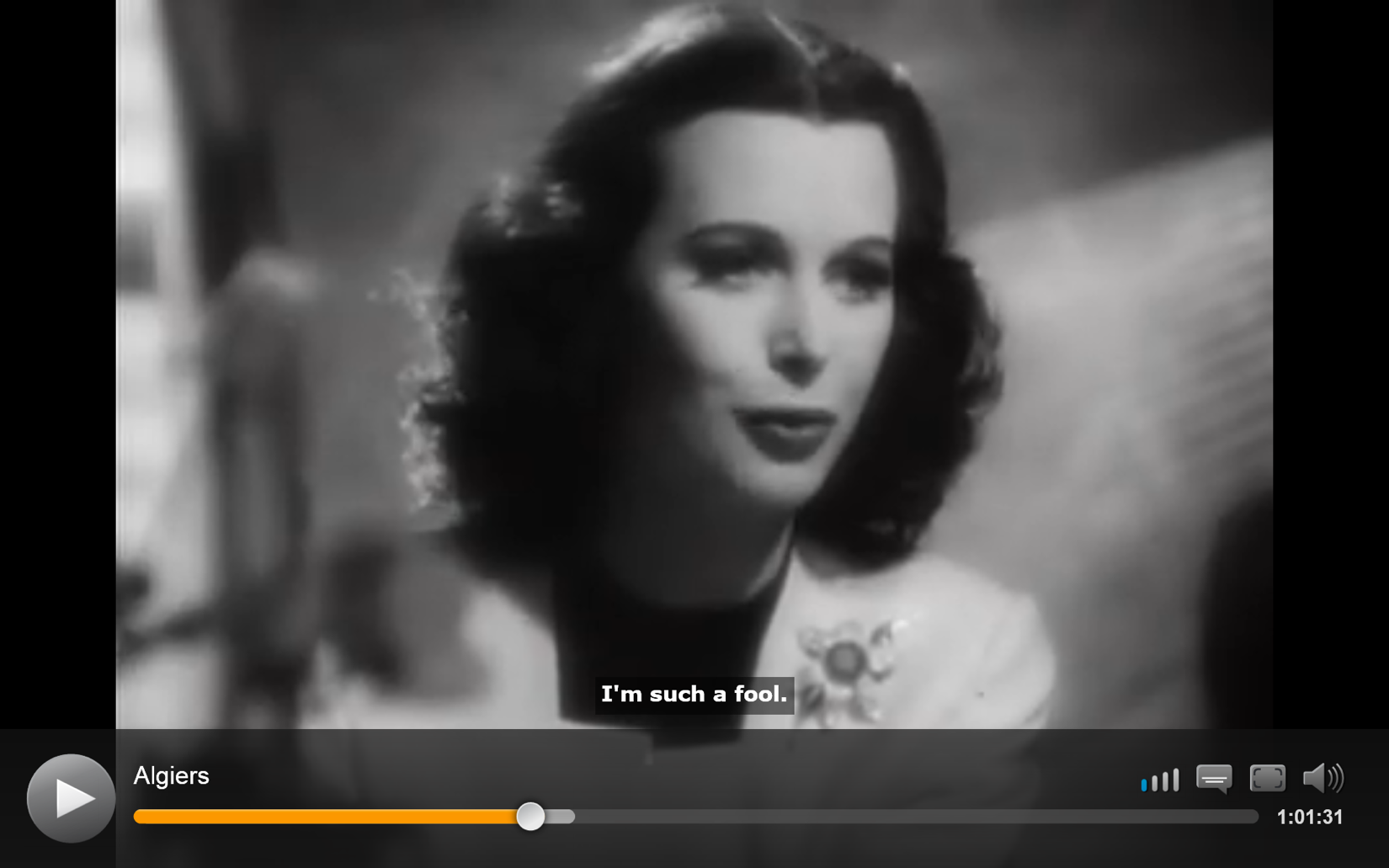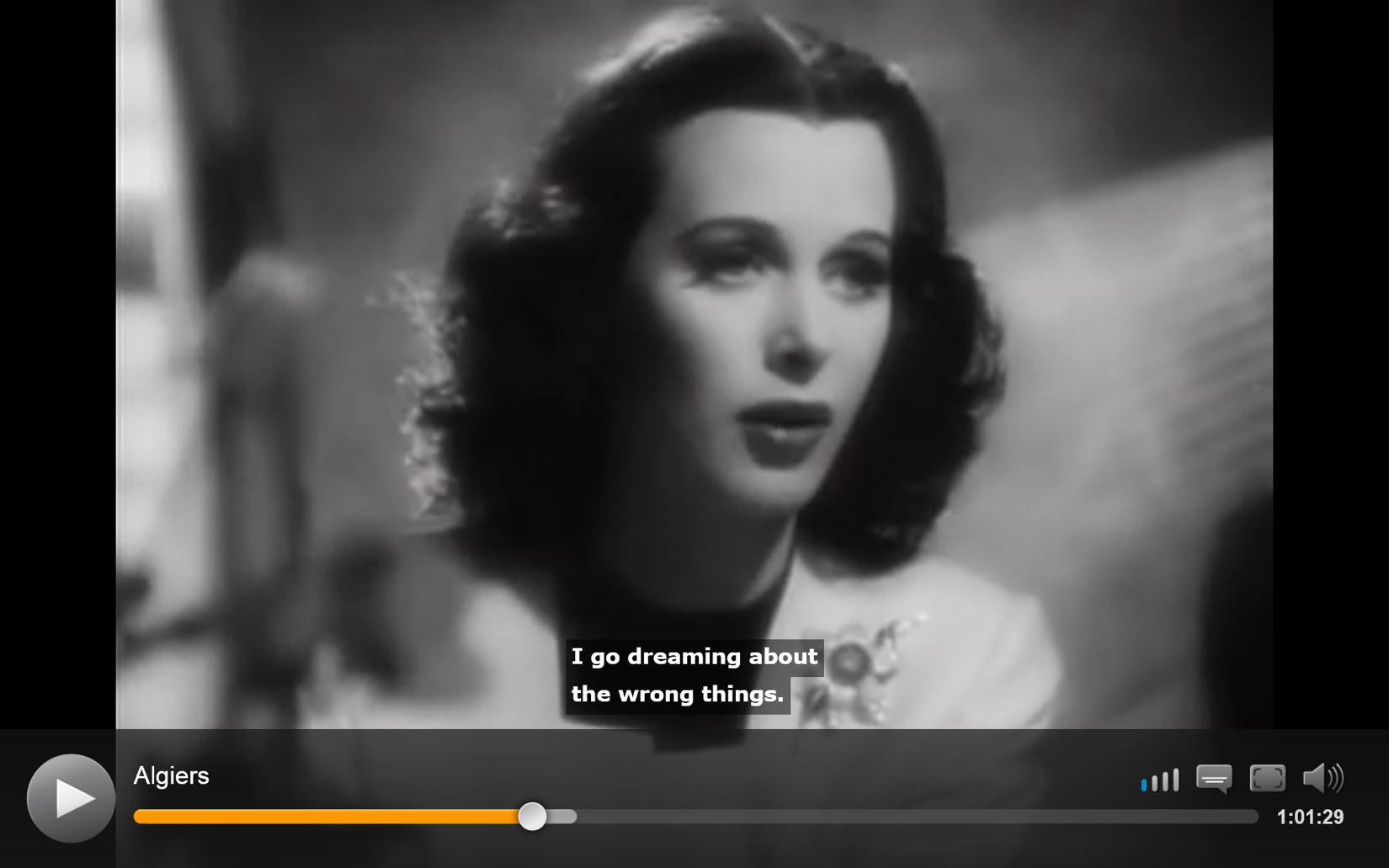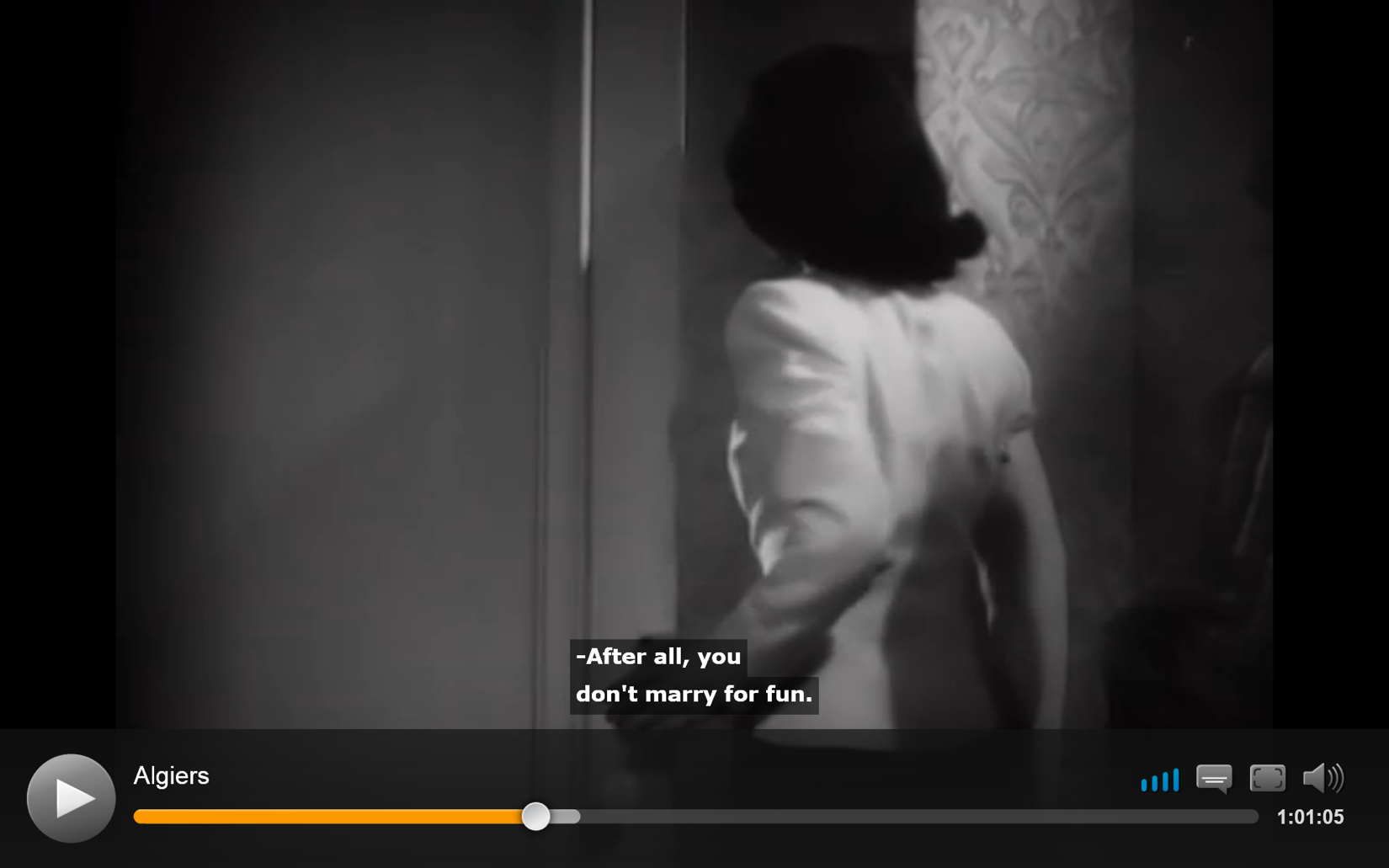SCENE 2
Scene 2:
“The Arrest Indeterminable Mary, as a store dick (!) busts Hedy [for shoplifting]; but I had to intrude onto the set, crawling all the way, to tap the dumb Ingrid on the leg and remind her what to do. This crawl beneath camera-level intrigued Andy, who had absolutely no idea of what my sophisticated story was all about, so he decided to dip the tripod and record my entire obtrusion. Startled, nay dismayed, I was forced to drink the hemlock myself, like Tondelayo, and die right there. Andy, dear that he was, left the tilted camera on my corpse for a long while” (Tavel)
“Authorial Intervention”
“This transaction, entirely misconstrued by theorists/careerists, has come down to us in film classes as a sensational example of ‘Authorial Intervention’—the screenwriter appearing on screen to take (deconstructive) exception to the screwing of his script, to ‘die’ symbolically as an object to, and representation of, the painful passing of his pages.”
“The most interesting idiosyncrasy that Hedy identifies is that, as Hedy Lamarr’s appearance of guilt grows, Mario [Montez], in the manner of A Double Life, makes gradually no distinction between what is happening to himself and to his character.”
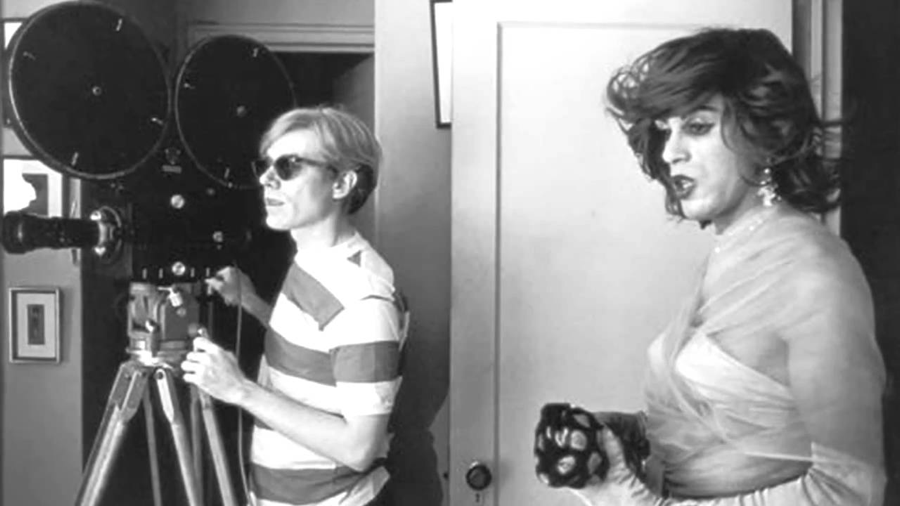
There is no question in the trial scene that he believes he himself is being accused of the character’s immorality, fascist consortings, klepto thefts, briberies, lies, and payoffs. His involvement is the mirror to his soul: Told he is obviously guilty, he becomes, to his distress and ours, defenseless. (Tavel 265)
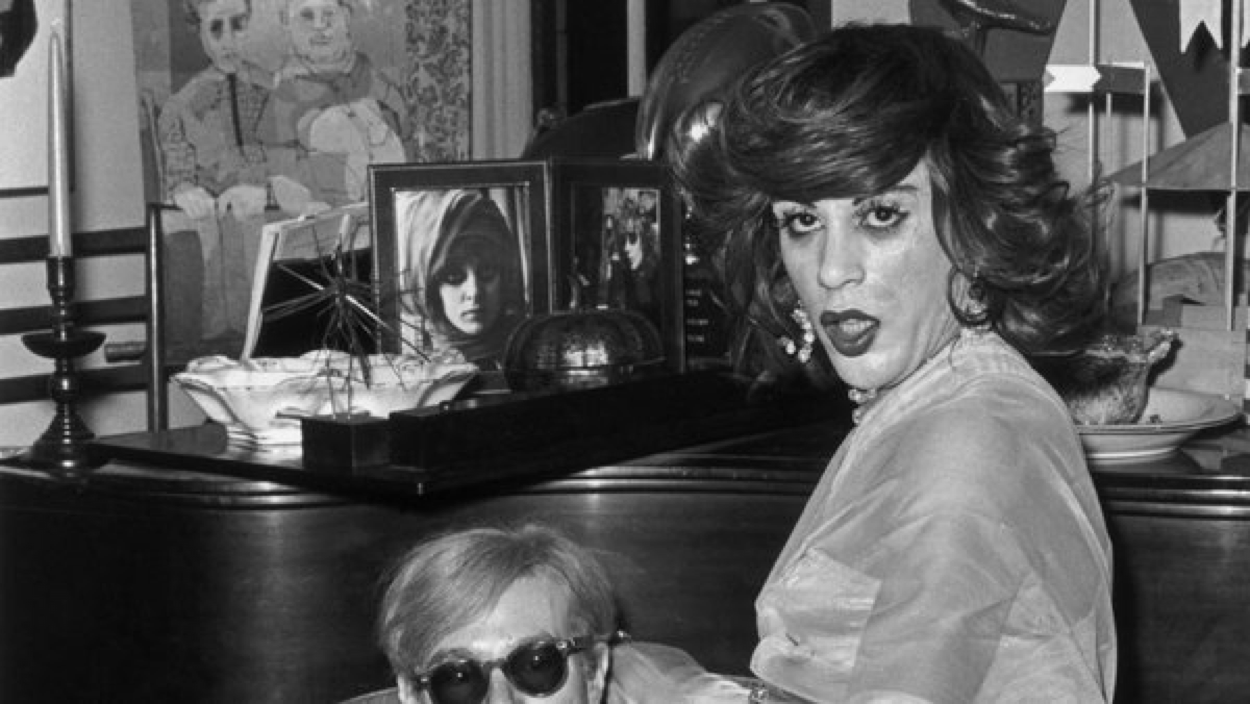
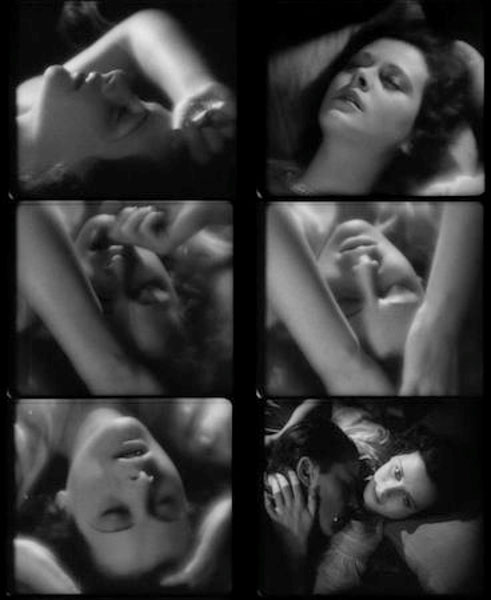
“To elude the nightly lock-up, Hedy seduces the arresting dick on a conveniently stolen love seat, and this allowed me to introduce one of the all-time ultraconvoluted, male sex fantasies, that of getting into drag to bed down, lesbian-like, a tough female beauty. Following her knocking off a piece of nookie, the dick hauls Hedy off to jail anyhow—‘just like a cop.’”
This scene dovetails into Warhol’s own mistaking of Solanas for a lady cop. . .
VALERIE.I sent you my play, “Up Your Ass.”
WARHOL. Oh yeah. It’s such a great title. But it’s so dirty!
GERARD. Yeah–it was so dirty we thought it must be some kind of entrapment.
WARHOL. We thought you were a lady cop.
VALERIE (unzipping her jeans and exposing herself)
Sure I am, and here’s my badge.
(Harron 72)
Under brutal cross-examination, Hedy manages to get in the last word:
The Court Room
Judge: …Why did you marry five men?
Hedy: Well, I got tired of them, and I’m looking for another one by the way.
Judge: Another what?
Hedy: Another husband.
Judge: Another?—you’ve had five already.
Hedy: Well, I’m still fourteen years old.
Judge: …Is there anything that you do pay for, like husbands?
Hedy: Yes, to get rid of them when I get tired.
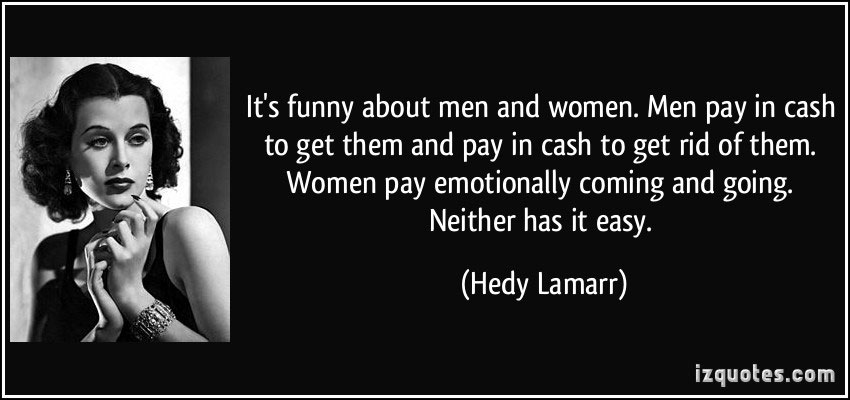
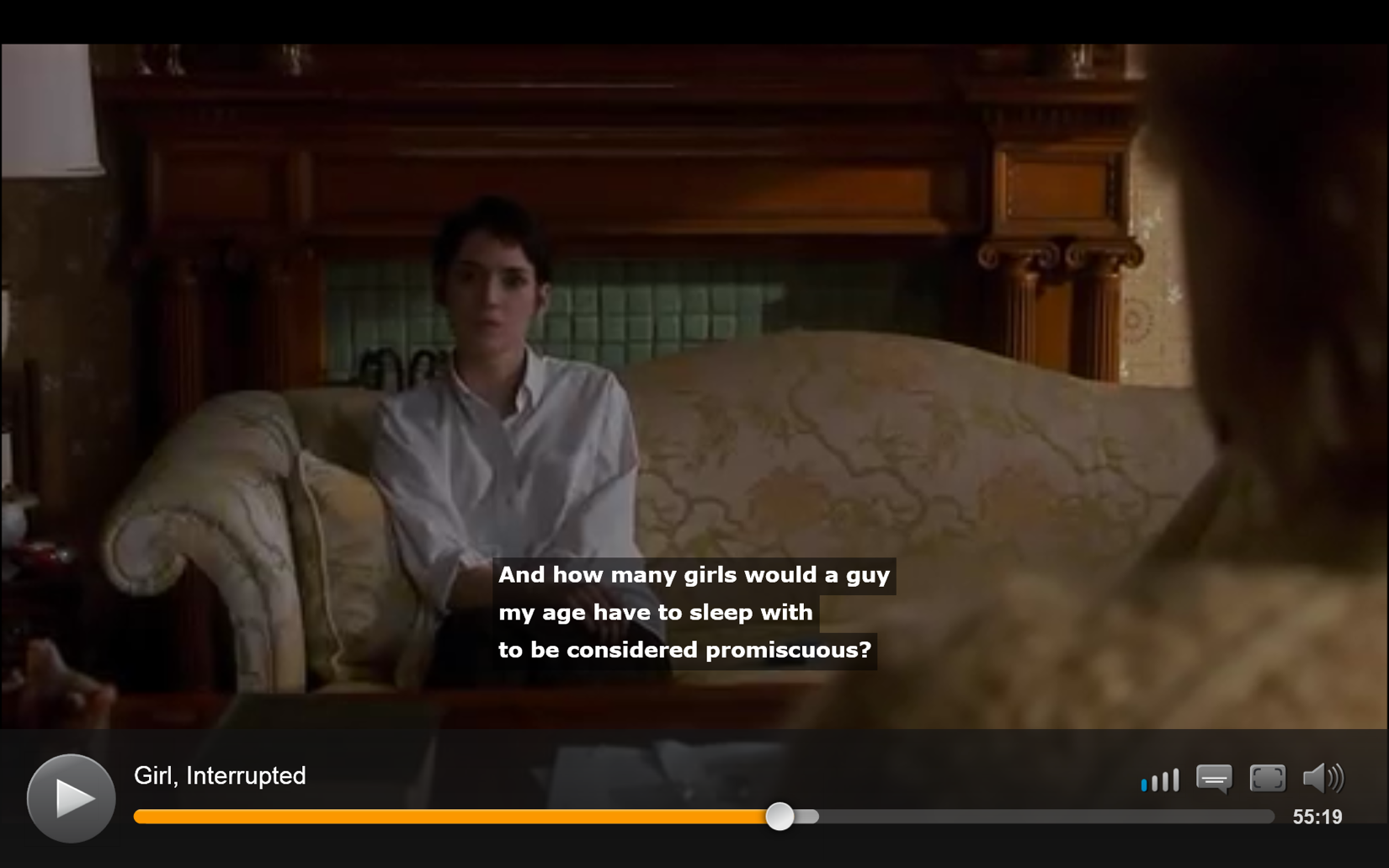
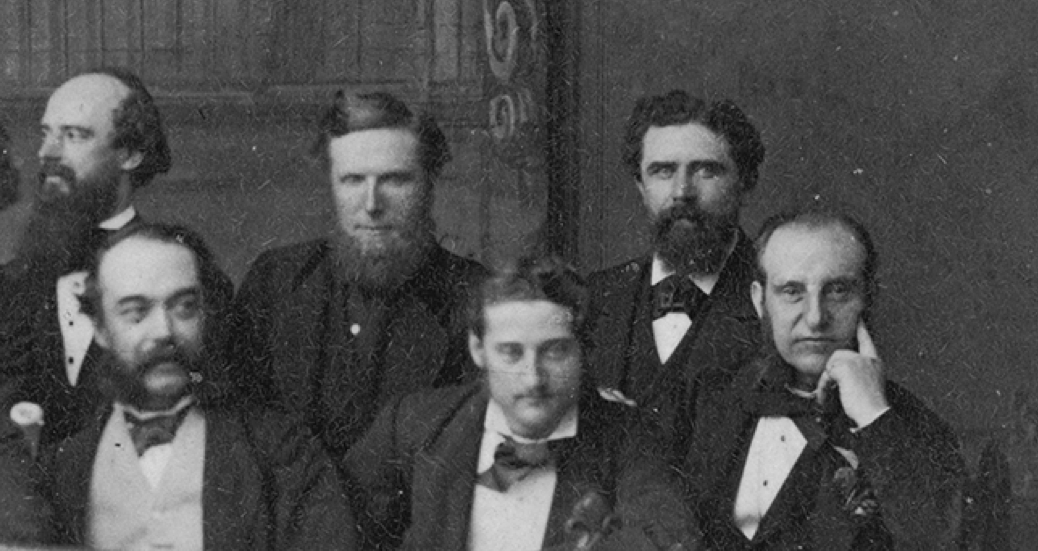
The jury is played by her six husbands (imagined here).
The lawyer’s defense of the publishing house behind Ecstasy might be a voiceover here in its own rendering of a “judgment”
“We are dealing with the experiences, mostly sexual, of a woman out of pictures for fifteen years. She was in the doldrums as far as the picture business is concerned, and she was desperate to revive her name in the public mind. The only thing she had to sell was her sex life….sex was the theme of this woman’s life” (Cited by Barton, 212).
“Perhaps my problem in marriage—and it is the problem
of many women—was to want both intimacy and independence.
It is a difficult line to walk, yet both needs
are important to a marriage.”

Perhaps the marriage-go-round would have gone better with improved synchronization!
To Antheil, both playing at the piano:
“That’s the answer to the torpedo problem. We are together, but apart. We are synchronized, but independent.”
Over the years you married and divorced six husbands, a fact which, in the end, left you poorer. “You couldn’t live with a person, in those days, without being married,” you noted. In a playful sendup of Greta Garbo’s oft misquoted line, Lamarr who spoke to Forbes before Garbo’s death last month, said, “I didn’t vant to be alone.” (Meeks)
You diagnosed the systemic problem quite well:
“I must quit marrying men who feel inferior to me. Somewhere there must be a man who could be my husband and not feel inferior. I need a superior inferior man.”
I laugh when I think how I cried over you
Cried over dreams that weren’t meant to come true.
I’ll smile cause I know that it’s better this way
Cause I’ve found someone else to love, so go on your lonely way
The only price I had to pay was the few tears that I shed
And I found out that I need you like I need a hole in my head
When I found out you lied something real inside me died
And I laugh when I think I cried over you.
Back at the film. . .
“Once again, Gerard wrangles his way into the movie in progress, so he plays Husband No. 1.
We infer No. 2 is a drinker and card shark;
No. 3 has come starry-eyed to a Warhol flick all the way from L.A.;
No. 4’s daddy has oil wells in Oklahoma…”

“Husband No. 5 is a poet with an Upper East Side nasal who fancies he looks like Emily Post while Hedy Lamarr’s
a dead ringer for Robert Browning… To our everlasting consternation, Harvey convicts Hedy without benefit of jury and sentences her to drink
the hemlock.
This, of course, is Walter Pidgeon giving Tondalayo
a dose of her own medicine.”
“Montez’s Hedy is brilliantly detached from the melodrama around her, too self-consumed to notice or care. She pauses to pose no matter what the circumstance.”
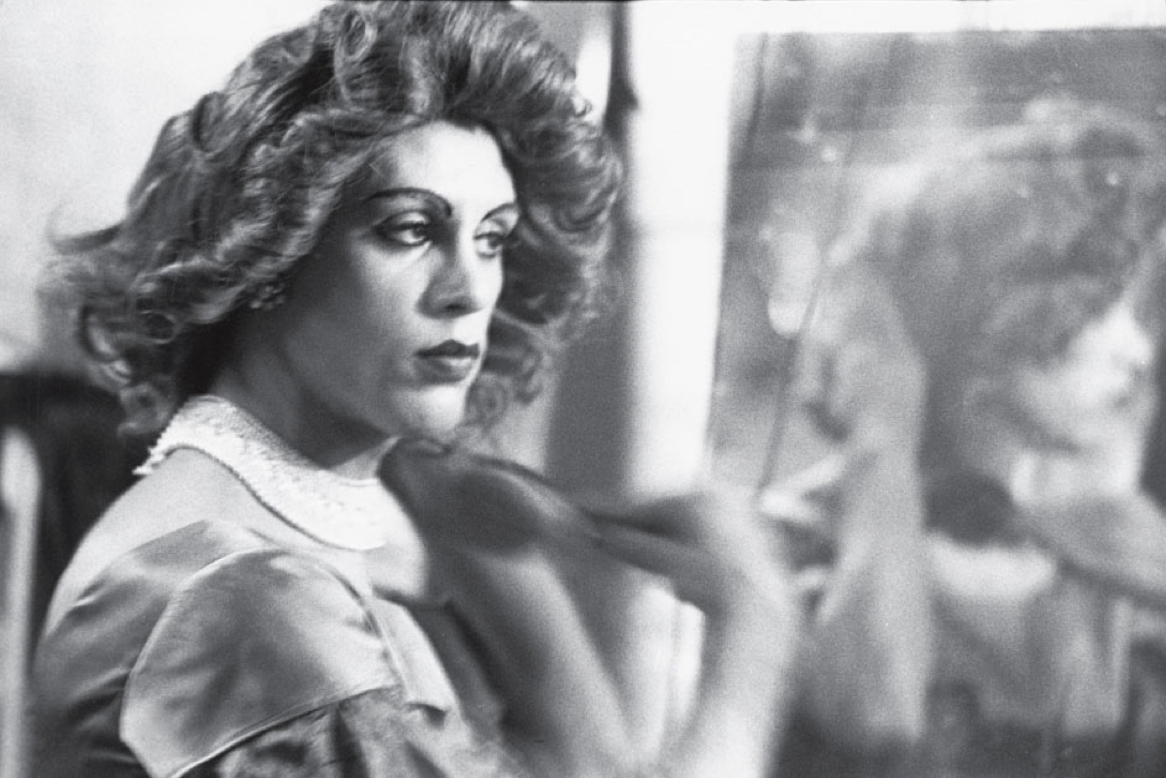

“Too, she stylishly endures Warhol’s constant narrative ruptures, remaining grimly poised as technicians adjust the lighting and Factory gawkers stare at her from the sidelines.”
“And she bravely endures the film’s refusal to even consider the idea of verisimilitude—the ‘store’ is just a table in the Factory; the ‘court’ is a file cabinet and a table just a few feet away.” Warhol’s version of a kangaroo court!
The Sentencing Is a Familiar Process:
Image Splicing. . .
Judge: Are you the world’s most beautiful woman?
Hedy: My face is perfectly symmetrical; if you cut it down the middle both halves would be the same.
Judge: We will! (217-23)
As this sequence from Algiers demonstrates, you entered relationships with the highest of hopes, only to be disappointed:
Here’s an out-take from Algiers: “I know. . .

